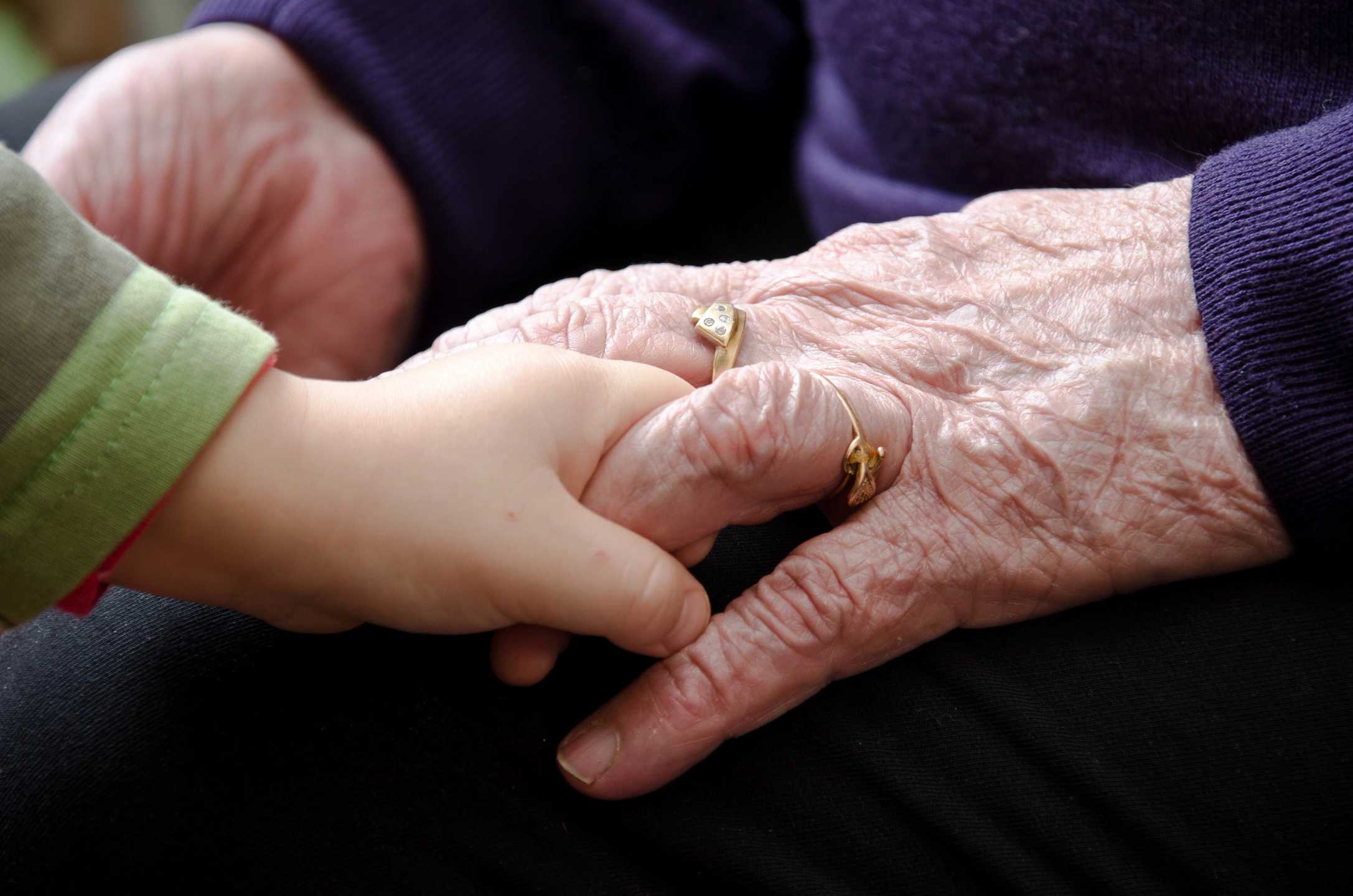How important is music in your life? Does it help you get through your day? Does it inspire you? Does it make you smile? Or, does it help you cry when you really need to let it go? Does it bring back special memories? Does it take you places you have never been? Music can do all of that, and more.
I am sort of a music addict. I have to hear music wherever I go, whatever I do. And, since I love to sing along, lyrics are important to me. When there is no music playing, then I can always turn to the music in my head. I have quite a playlist. Everything I have heard since I was born–big bands, Sing-Along-With-Mitch (Miller), pop, country/western, folk, American classics, Broadway, rock (not too electric, though), Disney, Christmas/holiday, easy listening, rock opera (not so much classic opera), new age, hymns, jazz, gospel, and more. Every kind of music imaginable.
I used to break into song when I taught middle school, much to the chagrin of my students, I am sure. “There is a song for everything,” I would tell them. It got to be sort of a game–they would challenge me with a word or an idea, and I would search my memory bank for just the right tune and lyrics. Mr. Holland’s Opus came out about that time. I used the theme from that movie, “a lifetime of music,” to teach history, music appreciation, writing, and more. I used music in my classroom to teach relaxation and superlearning back in the ’80s. One year, my high school calculus class, mostly guys who were big into sports, picked the music from Disney’s Mulan, especially “I’ll Make a Man Out of You,” as our theme music for that year. All their own idea! It was great!!
Music is in my soul. It is an inseparable part of my being. It came from my parents, who probably got it from their parents, and on and on back through many generations and cultures. I have passed this love of music on to our daughter, who I see has passed it on to her daughters.
We can show our tale, the story of our life, in so many ways. What is the music of your lifetime?
